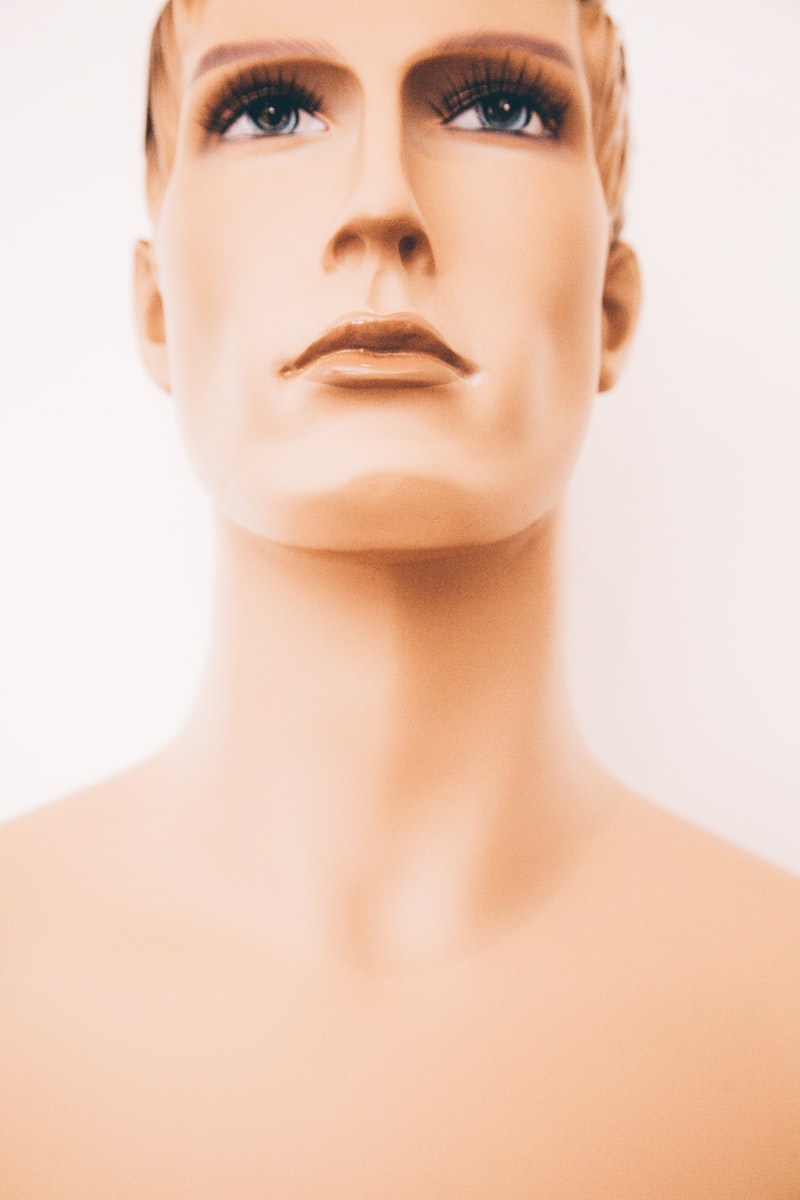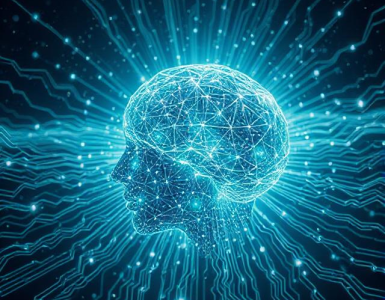Now, are cyborgs the future of humanity? That’s a loaded question! On one hand, advancements in technology are blurring the lines between man and machine. With artificial intelligence evolving at lightning speed, we’re seeing more stories about people enhancing their cognitive functions or even exploring the idea of uploading consciousness. It’s like we’re in the midst of a tech renaissance! However, is merging with machines the answer to human limitations, or are we losing something essential in the process?
Imagine looking to the future: a world where people have enhanced senses, faster reflexes, and even the ability to connect with others purely through thought. Sounds thrilling, right? However, what happens to the essence of being human? Are we trading our humanity for efficiency? Just like a smartphone can do amazing things but can also isolate us from real-life interactions, cyborgs could represent both the pinnacle of evolution and a perilous path of disconnection.
So, as we stand on the cusp of this cyborg revolution, the question remains: Will we embrace the enhancements, or will we play it safe and preserve our humanity? Only time will tell.
The Integration of Technology Into the Human Body
Take smart wearables, for example. Fitness trackers measure your heartbeat, count your steps, and even monitor your sleep patterns. They’re like friendly little coaches nudging you toward a healthier lifestyle, right on your wrist! And it doesn’t stop there. We’re talking about innovations like neural implants, which could help enhance memory or restore lost functions for individuals with neurological disorders. Imagine having access to a library of knowledge in your brain!
Then there’s the captivating world of biotechnology, where scientists are tinkering with our very DNA. Think of it as upgrading your human operating system. This new blend of tech and biology promises not just to combat diseases but to prolong our lives. But here’s the kicker: while these advancements hold incredible potential, they also raise mind-boggling ethical questions. How much technology is too much? Are we flirting with the idea of playing God?
Picture these revolutionary changes transforming healthcare, education, and even our social interactions. Just think how incredible it would be to communicate with someone who lives halfway across the globe without uttering a word, using only your thoughts! The possibilities seem endless, and as we inch closer to this hybrid realm, one must wonder: are we ready for such a profound leap?
Examples in Reality and Fiction
Imagine a character like Harry Potter, dreaming of magic against the backdrop of a mundane school life. This contrast does wonders for our imagination. It shows us that under the surface of our tedious routines, there lies an infinite world of adventure just waiting to be explored. Isn’t that a refreshing thought? It’s like finding a secret door in a wall—the one you never knew existed.
Now, let’s flip the coin back to reality. Think about inventors and innovators—people like Steve Jobs, who turned a simple idea into a tech revolution. Their real-life journeys often inspire countless fictional stories, creating a cycle of creativity. Isn’t it fascinating how fiction can make us dream big, while reality shows us the steps to get there?

Moreover, literature often mirrors societal issues, reflecting the joys, struggles, and complexities of life. Take the dystopian worlds of George Orwell or Aldous Huxley; they might be fictional, but the themes resonate with real-world concerns about freedom and control. It’s like looking through a distorted lens where we can see truths we often overlook in our daily grind.
So, whether we’re immersed in a captivating tale or navigating through our own reality, that interplay of examples in both realms encourages us to question, to dream, and to understand the world around us. And isn’t that the beauty of it all?

























Add comment